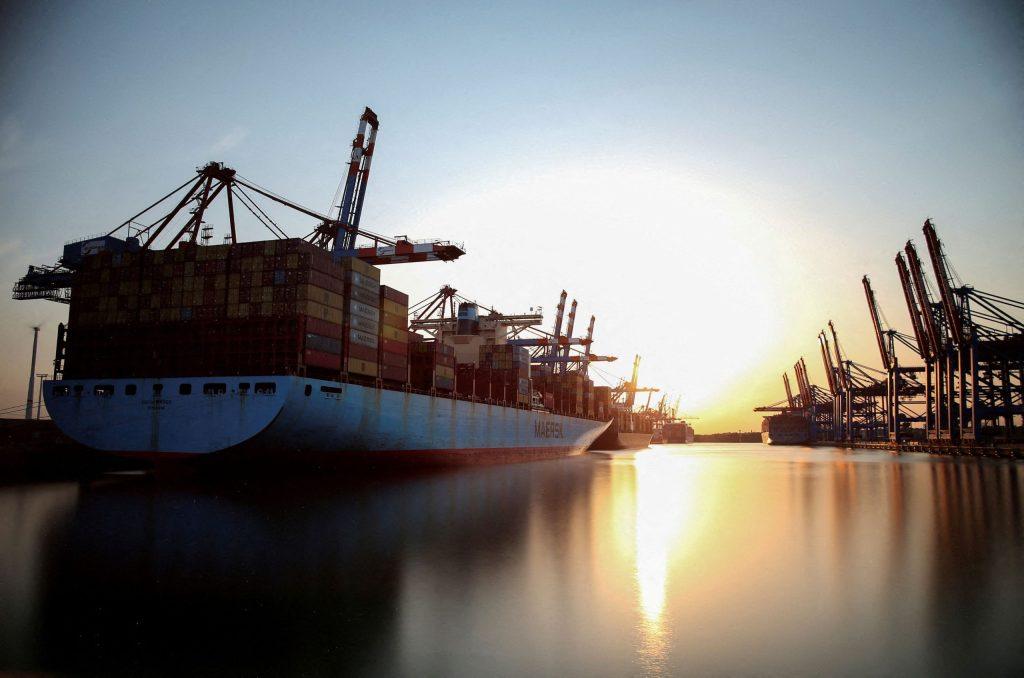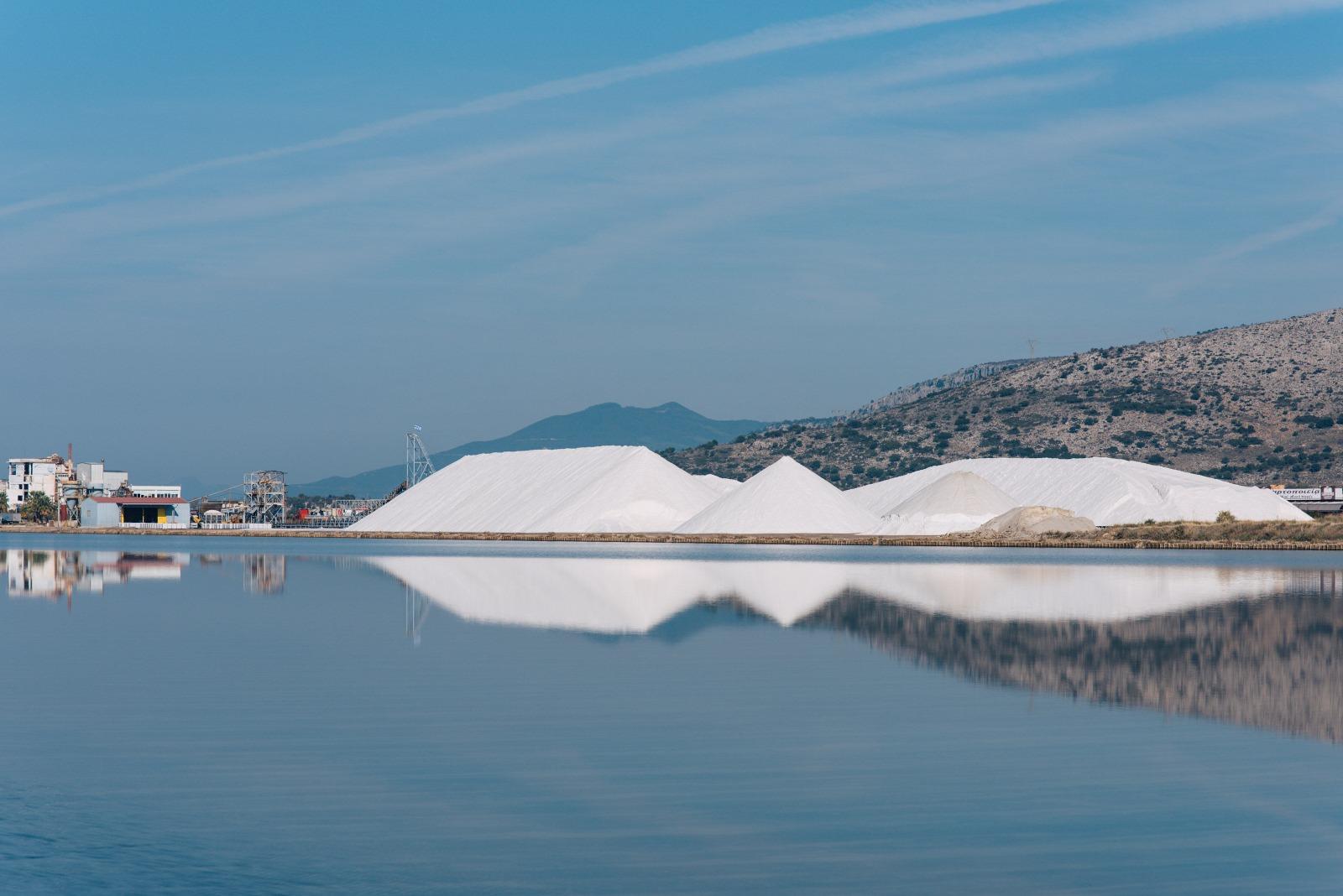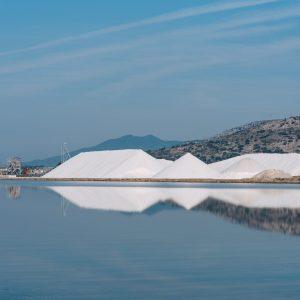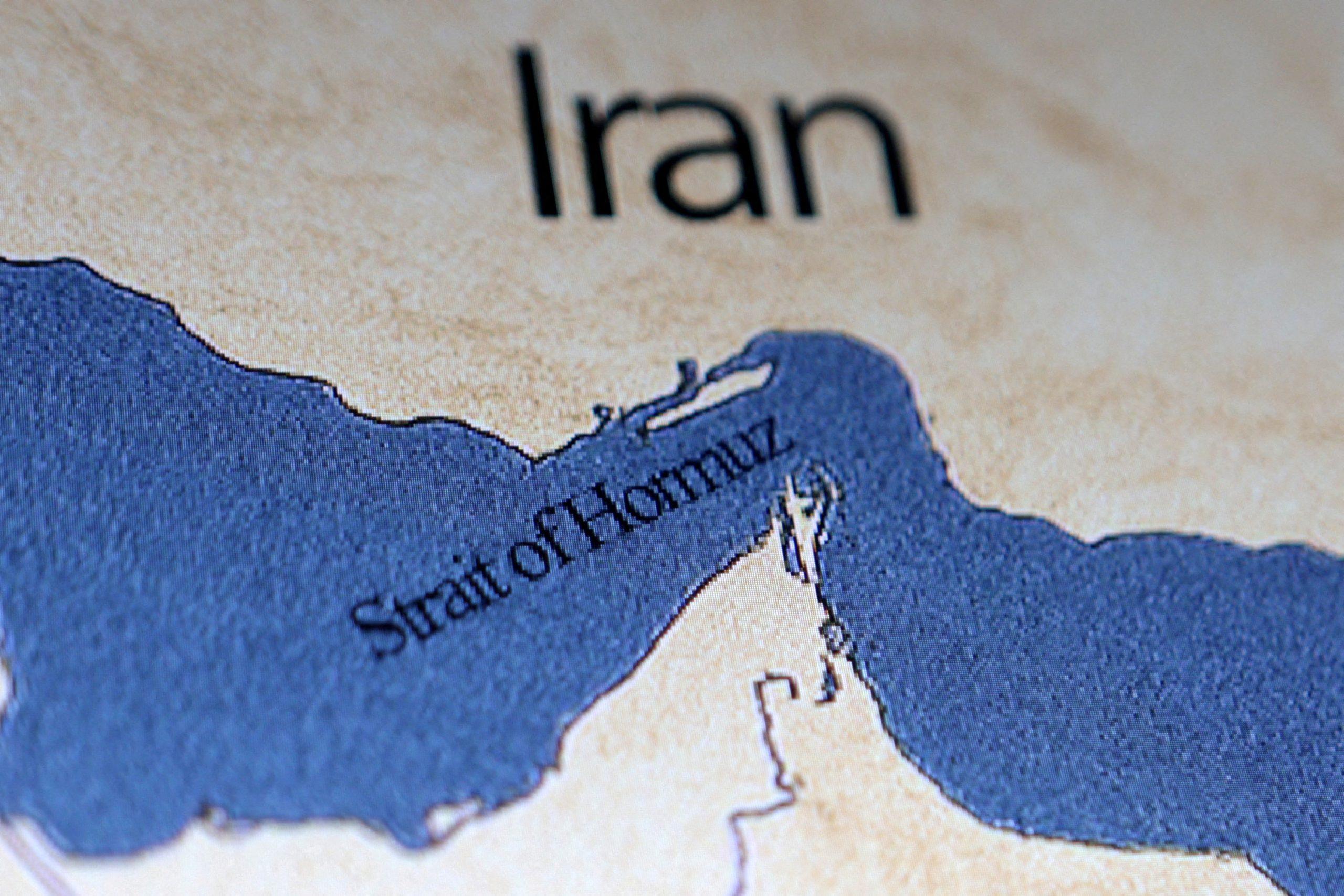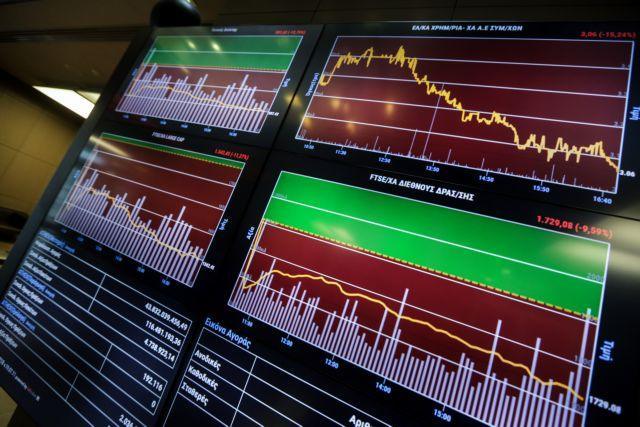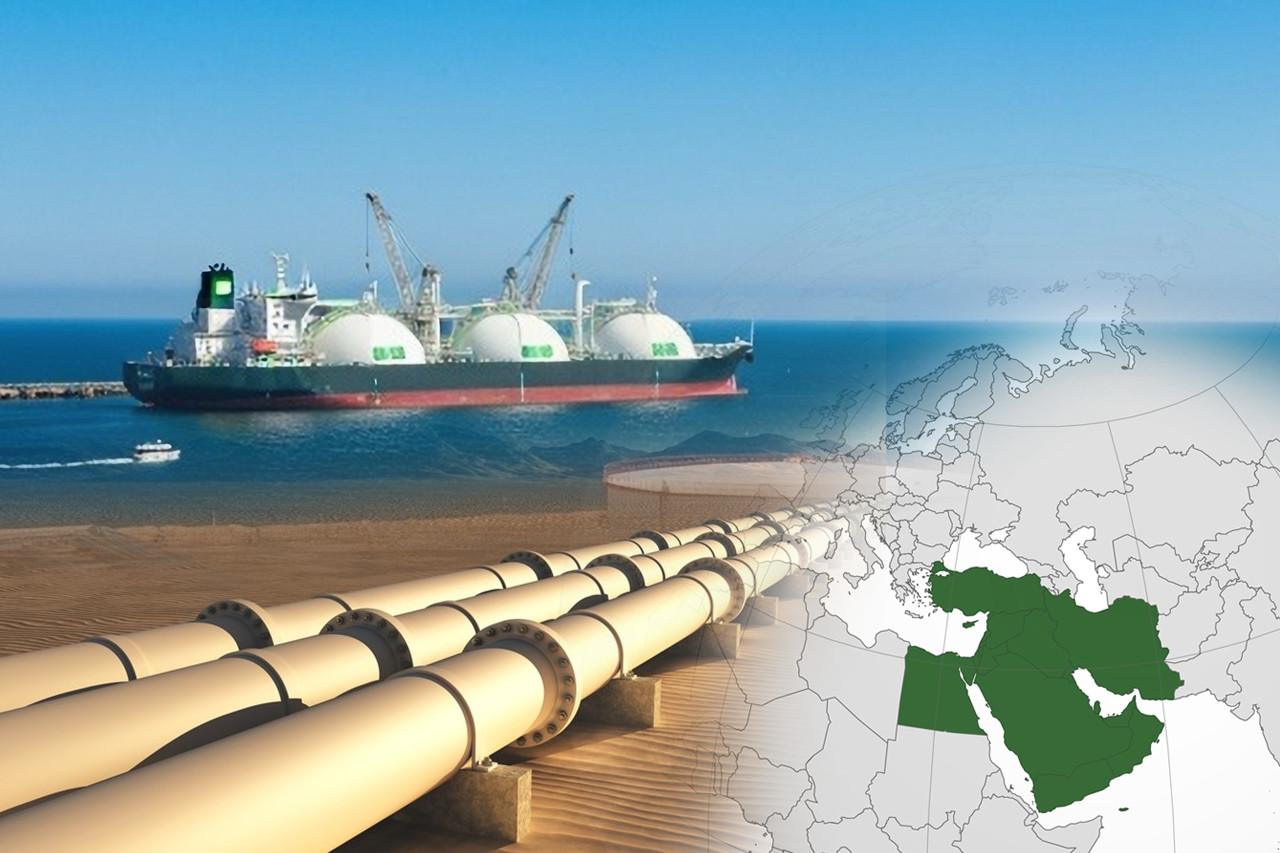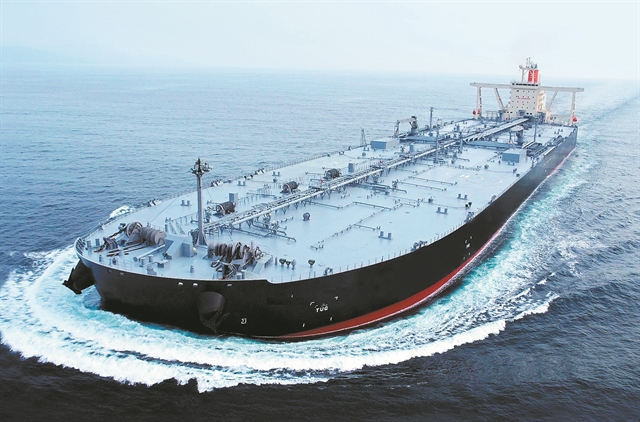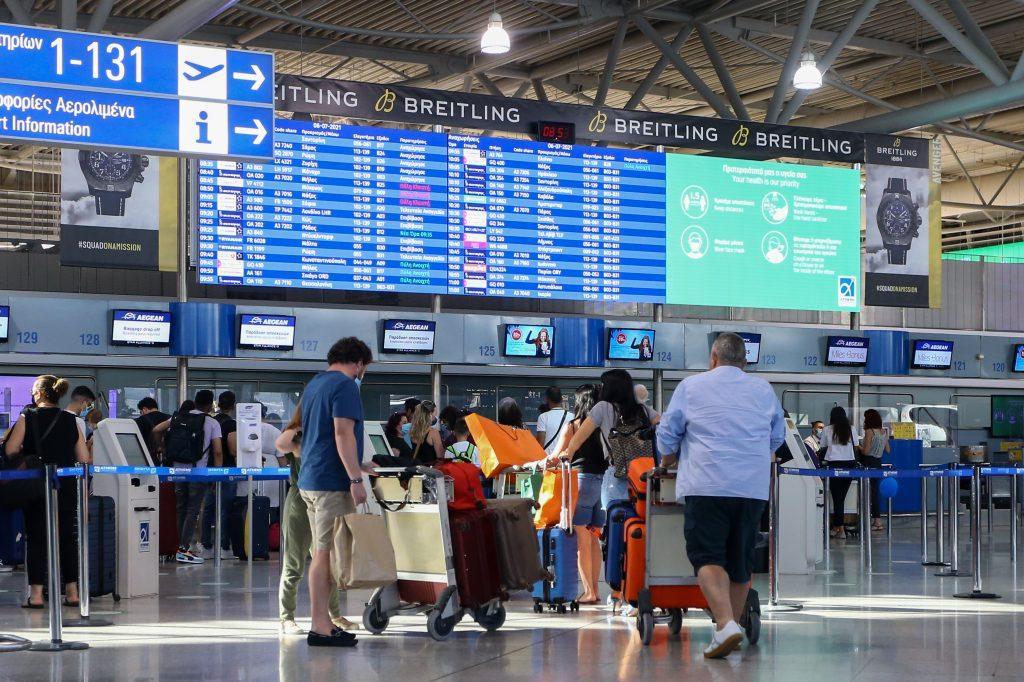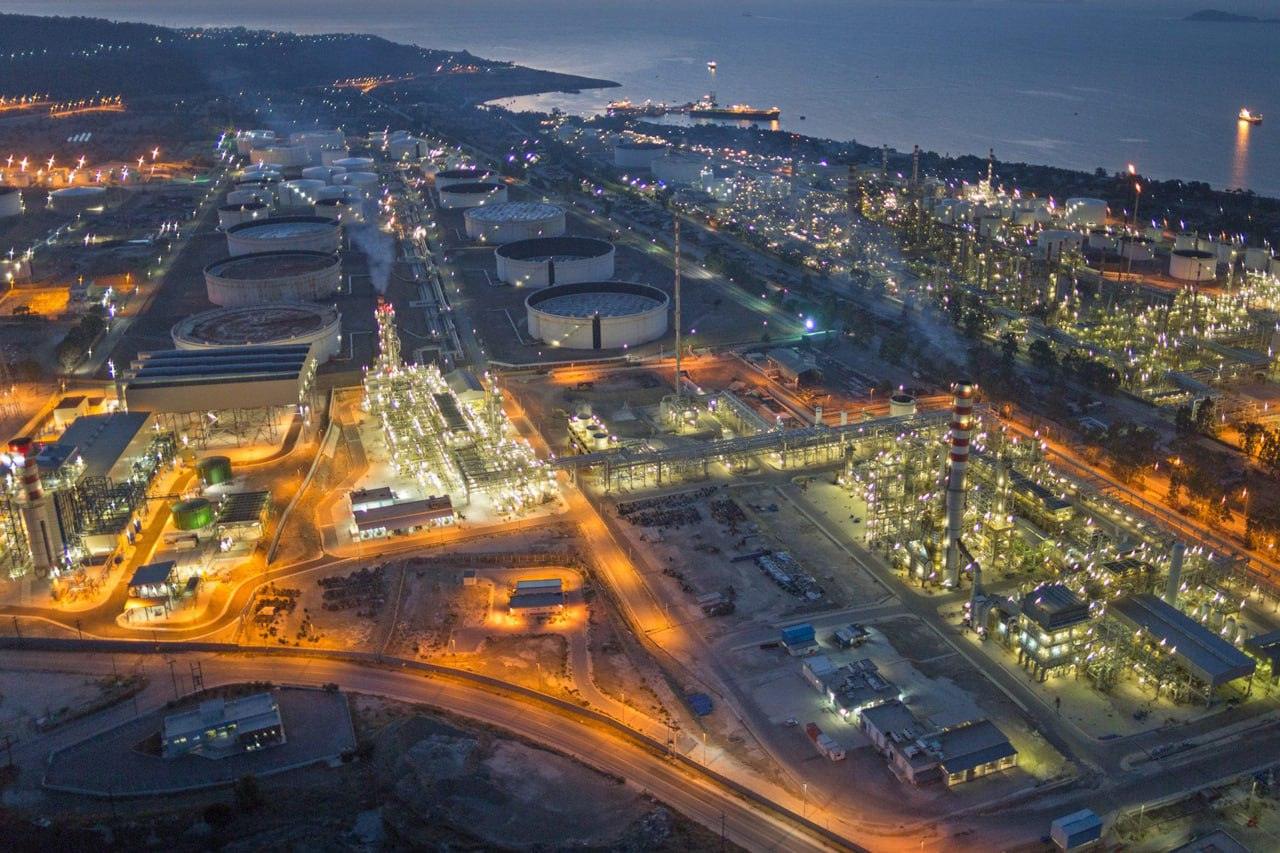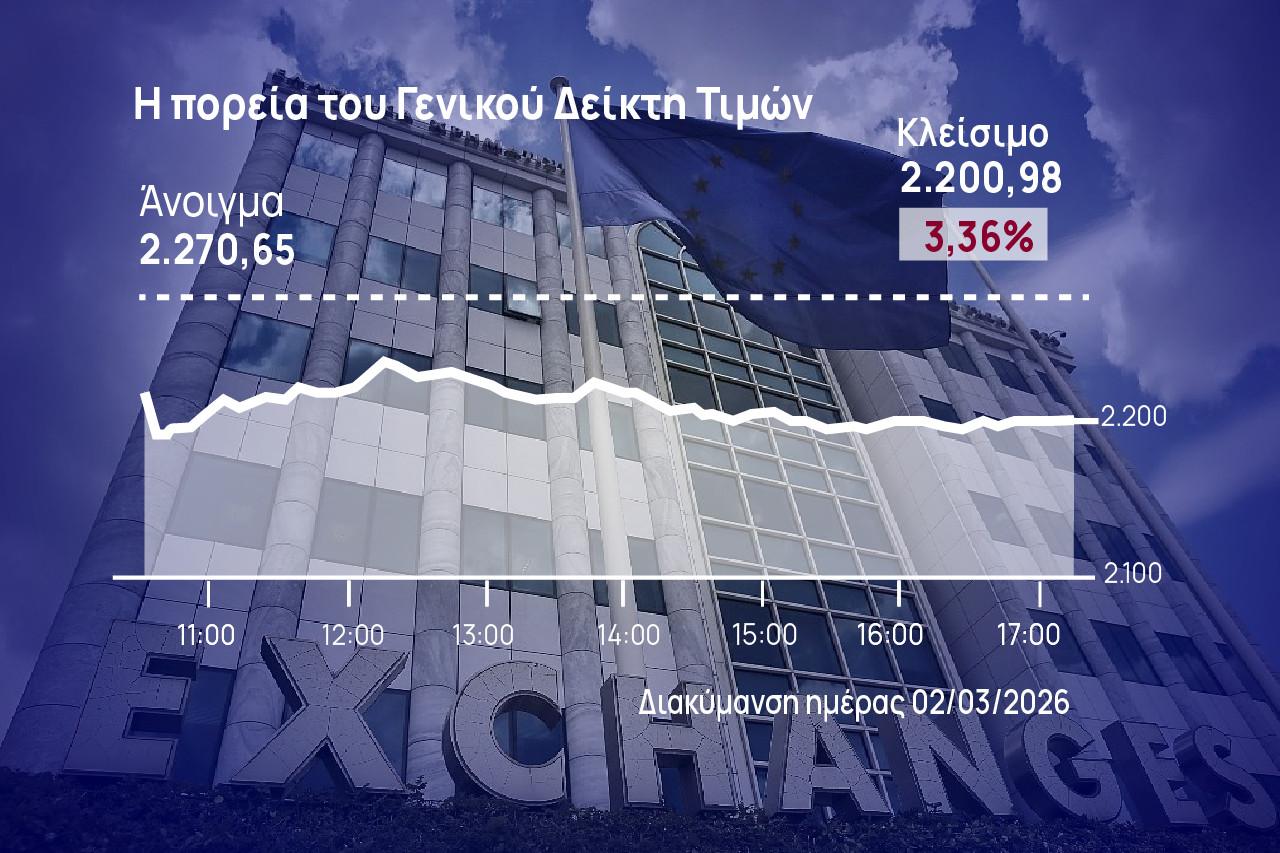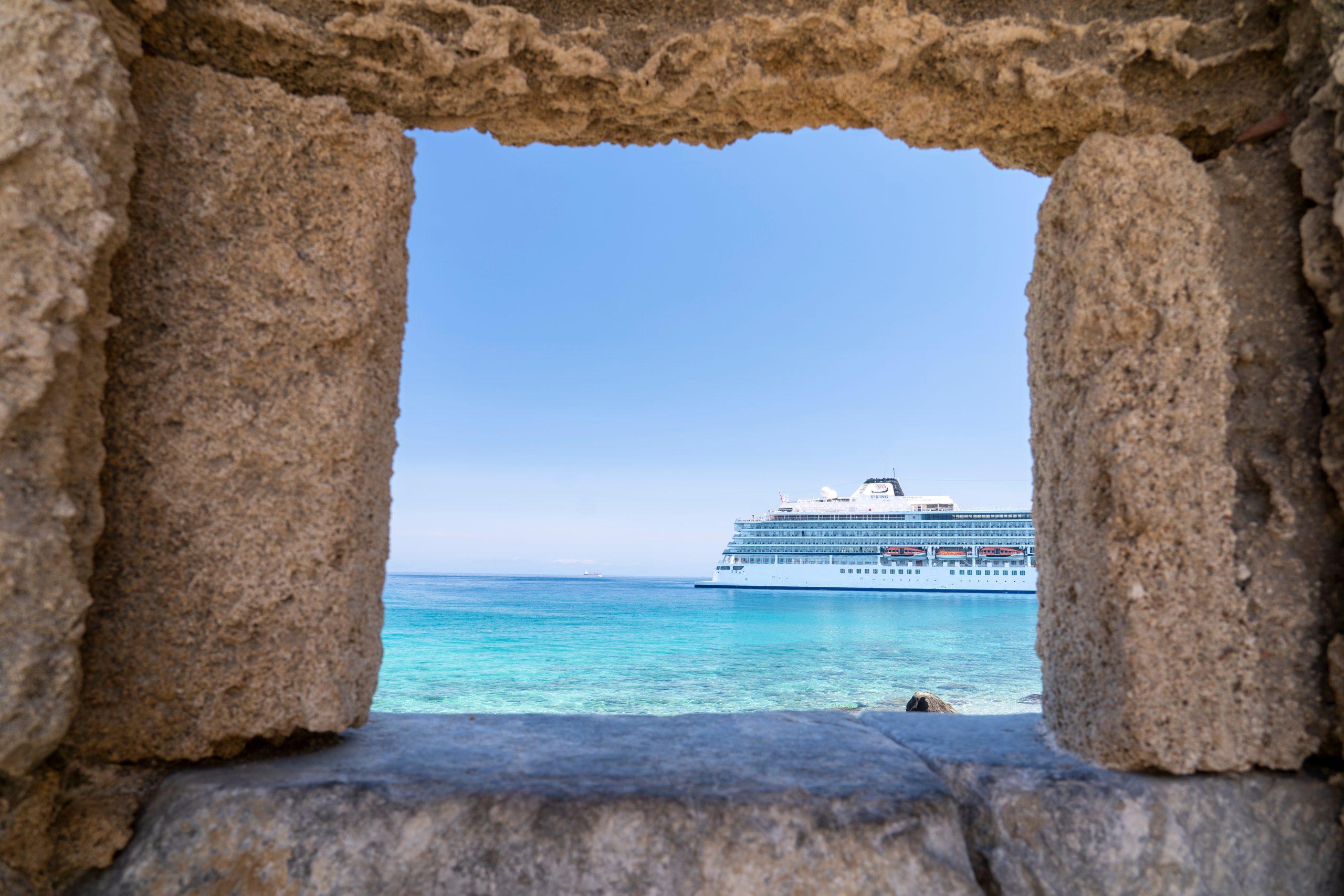Greece remains the world’s leading ship-owning nation by capacity, according to UNCTAD’s Review of Maritime Transport 2025, extending its long-held dominance in global shipping.
As of January 2025, Greek shipowners controlled 16.4% of global dead weight tonnage (dwt) with 5,124 vessels. Of these, just 562 fly the Greek flag, while the majority—4,555 vessels—are registered under foreign flags.Together with China and Japan, Greece accounts for over 40% of the world fleet by carrying capacity, nearly one third of all vessels, and 33.1% of global fleet value. The top ten ship-owning nations collectively hold 67.3% of global capacity and 65.6% of its value.
Although Greece leads by tonnage, the report notes that Chinese owners now hold the largest share of the fleet by value (12.4%). If China and Hong Kong’s fleets are combined, their share rises to 20.2%, putting them ahead of Greece in overall ownership.
The UNCTAD review warns that the global shipping industry has not “witnessed such sustained disruption to the arteries of global commerce since the closure of the Suez Canal in 1967”. Among the challenges it faces are: disruption in major sea lanes, chronic port delays, and rising security risks. Average shipping distances have increased sharply, reflecting the impact of rerouted trade flows. At the same time, technological, environmental, and regulatory transitions are reshaping the sector at an unprecedented speed.
Amongst the most significant factors affecting the future of maritime industries is the potential adoption of the Net-zero Framework of the International Maritime Organization in October 2025, as it could “reshape even further how ships are built, fuelled and operated”. According to the UNCTAD review the first steps have already been taken in the long and winding road of transitioning to zero-carbon emissions but there is still a long way to go. “Alternative fuel vessels now represent more than half of the ship tonnage of new orders, though over 90 per cent of the active fleet by tonnage still runs on conventional fuels. This gap between ambition and reality defines our challenge” stresses the report.
For Greece, the findings highlight both strength and vulnerability. The nation’s fleet remains unmatched in carrying capacity, but it must now adapt to tighter decarbonisation rules, the spread of digital technologies, and intensifying competition from Asia. As the UNCTAD review notes, the shipping industry is facing simultaneous transitions, and how countries like Greece navigate them will help determine whether the sector emerges more resilient or more fragmented.
Source: tovima.com
